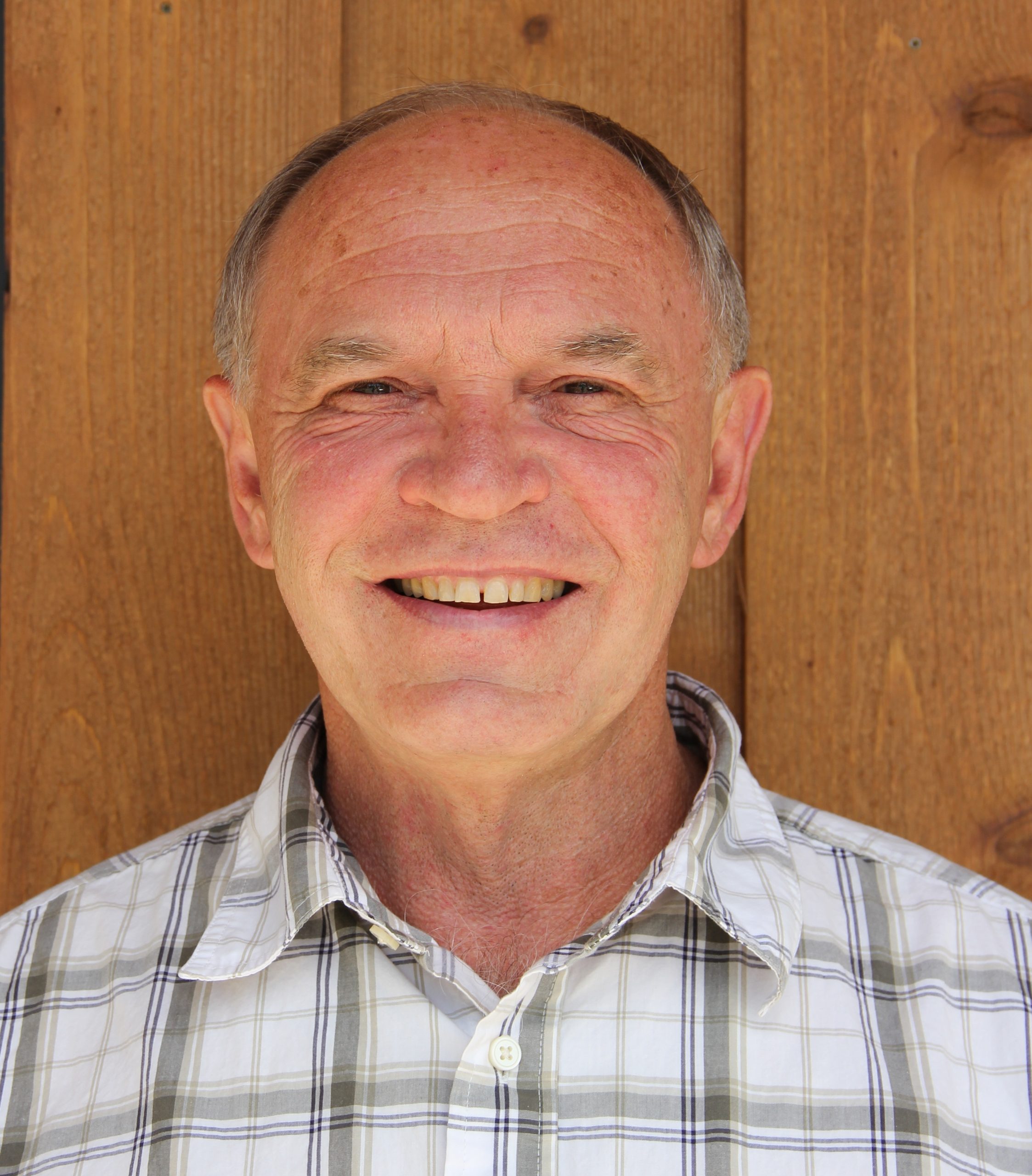Brian Yablonski’s article, “Bisonomics,” relates to free market environmentalism (FME) in many ways. First, bison epitomize the tragedy of the commons. As a quote Brian uses from Recreation magazine in 1901 so aptly described: “A wild buffalo is looked on as a small fortune walking around without an owner.” It was not just that the buffalo was not owned; the fury beast competed with cattle, which were owned, for grass and water.
Like all FME issues, bisonomics is about property rights. As P. J. Hill, PERC senior fellow, and I note in our book, The Not so Wild, Wild West, development of property rights is an evolutionary process that depends on the benefits and costs. Cattlemen would have been happy to convert grass and water into marketable meat via bison, but the costs of controlling fencing, herding, and shipping bison exceeded the benefits. Hence it was better to exterminate them and make the conversion with cattle. Today those costs have fallen relative to the benefits, giving entrepreneurs such as Ted and Beau Turner an incentive to manage their land differently.
Entrepreneurship brings us to the second important connection between “Bisonomics” and FME. Yesterday’s tragedy of the commons becomes today’s environmental asset, and “enviropreneurs” are the innovators who are finding ways to improve the environment by creating property rights. Every issue of PERC Reports is filled with examples of enviropreneurship. Whether it is trading bees for cleaner water in Bolivia, leasing water for instream flows in the American West, or using fungi to cleanup brownfields, enviropreneurs are establishing property rights to environmental resources so that owners can reap rewards from their stewardship. Put another way, “Tree owners are tree huggers.”
Finally, the backdrop for “Bisonomics” is the Flying D Ranch, 100,000 plus acres, owned by Turner Enterprises, Inc. (TEI) just outside Bozeman, Montana. Not only is the ranch the locus of the Turners’ bison business, it was the site of a recent field trip where environmental entrepreneurs who participated in PERC’s 2007 Enviropreneur Camp (ECamp) learned more about free market environmentalism and its applications from Russ Miller, general manager of TEI, Danny Johnson, manager of the Flying D, and Hank Fischer, who leads the Wildlife Conflict Resolution Project for the National Wildlife Federation.
Miller, who oversees nearly 2 million acres of TEI land, and Johnson talked to the ECamp fellows about the mission of TEI, which is to manage the lands in a profitable and ecologically sensitive manner while promoting the conservation of native species. Fischer described the wolf compensation fund, which he pioneered, and his new program to purchase grazing permits on federal lands or grazing rights on private lands to reduce the conflicts between wildlife and livestock. His efforts are a quintessential example of how free market environmentalism can reduce conflict and improve environmental quality.
The enviropreneurs who heard the messages at the Flying D along with other lessons from ECamp represent the exciting future of environmentalism. At the end of ECamp, each of the fellows shared his or her entrepreneurial dream of how to use markets to improve environmental quality. Their passions and dreams ranged from carbon sequestration and alternative energy development, to green burial and the provision of fish and wildlife habitat. These enviropreneurs offer an innovative alternative to command-and-control environmentalism. Just as entrepreneurs saved bison from extinction, today’s enviropreneurs offer the best hope for the future of the environment.




